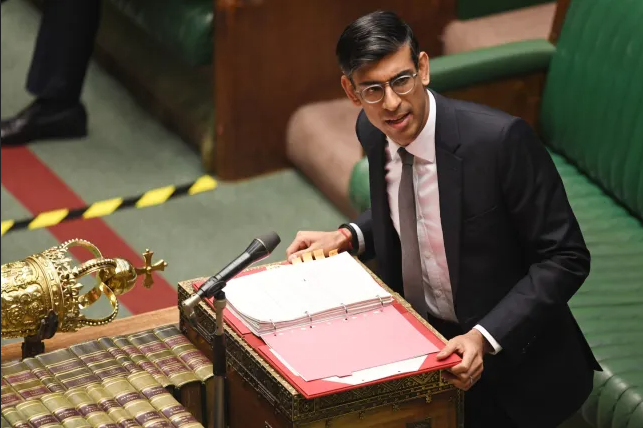
As the United Kingdom approaches another pivotal general election, the political discourse has been dominated by a myriad of pressing issues. However, one area that has not garnered the spotlight it deserves is the intersection of climate change and nature loss with the broader electoral concerns.
Despite being ranked eleventh in the Ipsos Issues Index for June 2024, the undercurrents of environmental issues are influencing the most critical concerns of UK voters in profound and multifaceted ways. However, this seemingly modest positioning belies the profound impact these issues have on other top-tier concerns, such as the cost of living, healthcare, and national security.
Moreover, climate change and nature loss directly affect the National Health Service (NHS), the second most important issue for voters. The increase in pollution, the spread of infectious diseases, and the health impacts of heatwaves, which claimed 4,500 lives in 2022 alone, underscore the interconnectedness of environmental and public health policies.
Register for Tekedia Mini-MBA edition 19 (Feb 9 – May 2, 2026): big discounts for early bird.
Tekedia AI in Business Masterclass opens registrations.
Join Tekedia Capital Syndicate and co-invest in great global startups.
Register for Tekedia AI Lab: From Technical Design to Deployment (next edition begins Jan 24 2026).
Cost-of-Living Crisis and Environmental Degradation
The UK has witnessed the steepest decline in living standards on record, exacerbated by unprecedented inflation rates driven by soaring food and energy prices. Behind these economic pressures lies the shadow of climate change, which has contributed significantly to food price inflation. In 2023, climate-induced extreme weather events such as droughts and floods impacted agricultural production, inflating food prices by an estimated 5.3 percent.
Energy Security and Climate Policy
The UK’s energy landscape has been volatile, particularly due to its heavy reliance on gas for electricity and heating. The Russian invasion of Ukraine in 2022 triggered a dramatic spike in fossil fuel prices, highlighting the UK’s vulnerability to international market fluctuations. This vulnerability was compounded by the rollback of renewable energy deployment and energy efficiency measures in the early 2010s, which is estimated to have added £19 billion to energy bills post-invasion.
As political parties canvas for votes, their manifestos reveal divergent approaches to addressing these intertwined challenges. The Conservative party emphasizes cost management in achieving net-zero emissions, while the Labour party highlights the benefits of environmental stewardship. The Scottish National Party and the Liberal Democrats also articulate distinct visions, framing climate action as an economic opportunity and an existential necessity, respectively.
The upcoming election presents an opportunity for the UK to redefine its environmental trajectory. With climate change and nature conservation poised to play a central role, the nation stands at a crossroads. The decisions made by voters and the subsequent actions of the elected government will not only shape the UK’s domestic policies but also its contribution to the global fight against environmental degradation. However, this seemingly modest positioning belies the profound impact these issues have on other top-tier concerns, such as the cost of living, healthcare, and national security.
As the world watches, the UK’s general election will serve as a barometer for the prioritization of green issues in the face of competing political agendas. It is a moment for reflection, decision, and action, with the potential to catalyze a shift towards a more sustainable and resilient future. Despite not dominating the headlines to the extent of other pressing issues, the undercurrents of environmental concerns are influencing the electorate in significant and often underappreciated ways.



